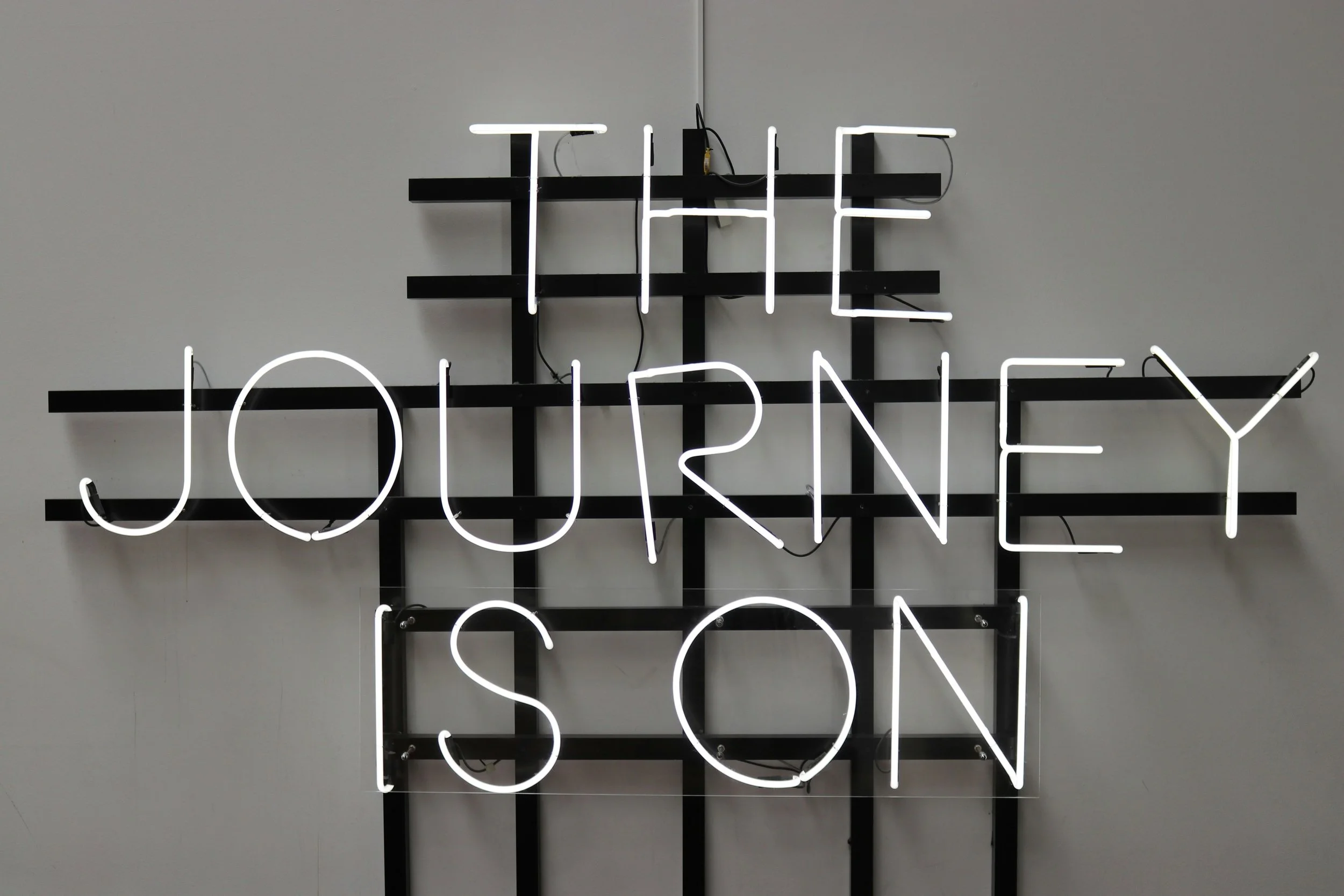In 2020, the novel coronavirus caused a massive shift in the way we approach education. Schools and universities around the world were faced with the immediate and impossible task of converting all their courses into online study. Students and teachers quickly realized which subjects fared well in this new format, and which classes suffered greatly.
Along with this new educational approach came a host of new problems. Gone were the days of disciplining and controlling hectic class disruptions. Instead, teachers encountered depressed, anxious and withdrawn students - struggling to participate at all. And not surprising, some introverted and sensitive students suddenly began to thrive in their new virtual environment. Below we’ll dive deeper into 3 ways education changed in 2020.
Tactile and Kinesthetic Learners Were Left Behind
When science, PE, music, and art teachers learned of their new required online instructional format - they undoubtedly began to sweat. How would they transfer the tactile and kinesthetic knowledge that comes from interactive learning into an online lesson? How would they create social engagement and opportunities for peer-collaboration?
As the lockdowns went on, it became clear that although online schooling has its place, this learning format is not compatible with our youngest students or in the sciences and arts. Primary students perhaps struggled the most, as they were denied the ability to learn through play and interact with peers to sustain their social development. Looking for ways to keep your child socially engaged during quarantine? You can check out some creative tricks here.
Zoom Fatigue Caused Physical Distress and Emotional Apathy
When schooling was forced into the virtual sphere, students quickly learned what their adult, working counterparts have known for years: online meetings are boring and painful. Students were faced with several grueling hours of online schooling daily. Most teachers and professors were simply unprepared to provide their pupils a rigorous and interactive online curriculum. Students became bored and apathetic. Parents became frustrated, and teachers pleaded for more resources and support from their districts.
In addition, students became familiar with the physical ails of prolonged sitting and excessive screen time. Back pain and eye strain became rampant. Are the local stores closed and you’re not sure what to do with your child’s new eyeglass prescription? You can start by mailing it in to a reputable eyeglass company who will create a custom, quality set of lenses quickly. Lower back pain can be alleviated by purchasing a standing desk converter, or a specialized kneeling chair.
Sensitive Students Began to Thrive
In a welcome twist, some shy and introverted students began to thrive when classes were forced online. Without the burden of bullying or the social pressures of the classroom - certain students actually fared better in a virtual learning environment. Students with attention disorders who were previously disturbed by disruptive classroom students suddenly had the quiet space they needed to focus. Want to keep your sensitive child in online school permanently? You can check out all your options for free online public school here.
In the end, it’s clear that like any learning environment, some students and teachers will thrive and some will suffer. As the lockdowns and closures continue, it’s important for us not to lose sight of the benefits of socializing, group collaboration, tactile experiences and kinesthetic learning. And when we return to some semblance of normalcy, let us also be willing to continue using our newfound ability to offer diverse virtual learning opportunities, while using hard-earned wisdom to guide our curricular decisions.
My name is Rachael and I have been a private tutor for over 12 years. I earned my undergraduate degree in 2 and a half years and earned my graduate degree by age 22. I have tutored dozens of high school students, college students, and graduate students. I offer my resources and experience to help parents learn how to best help their teen or child that is struggling in school.













